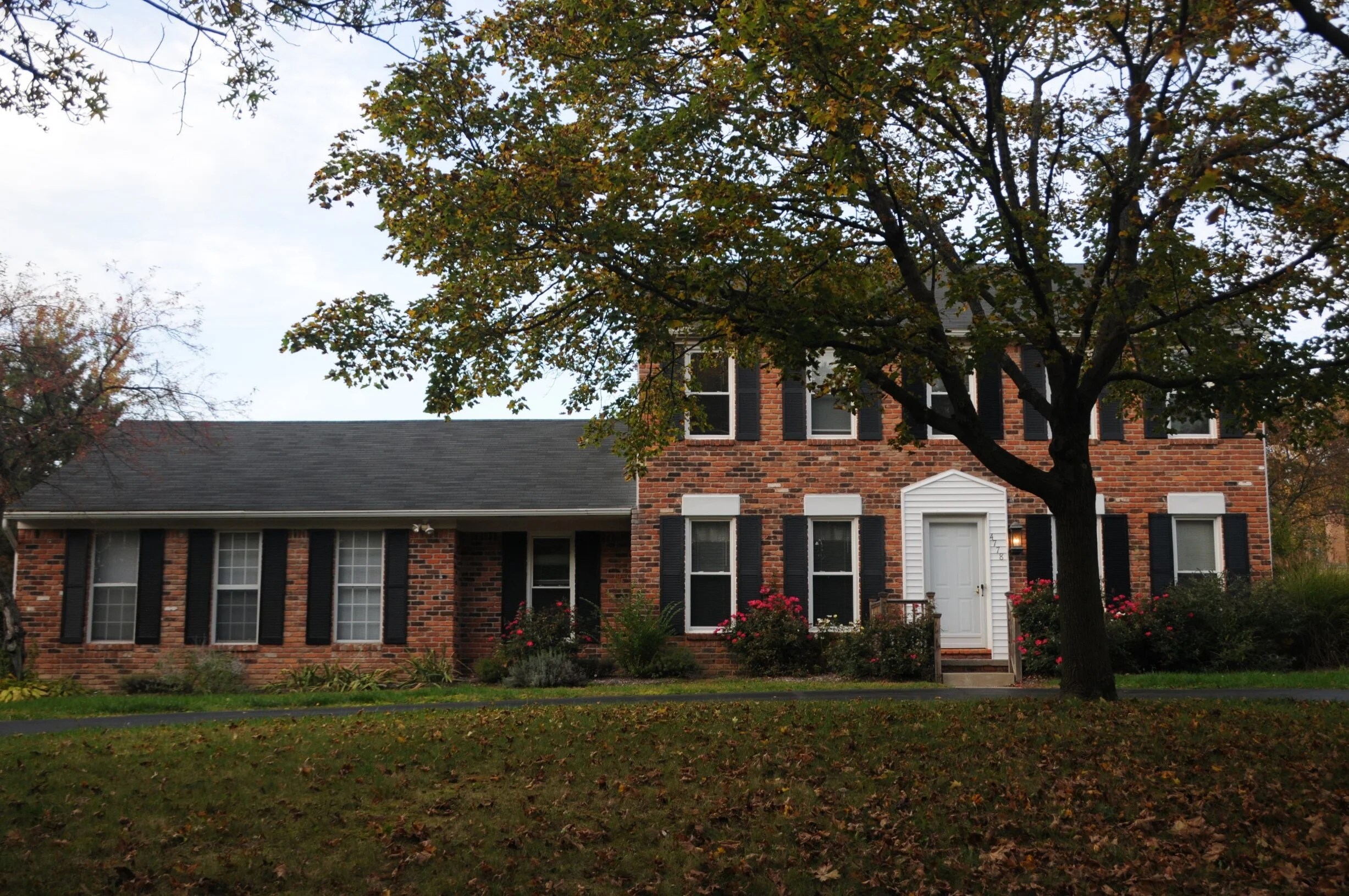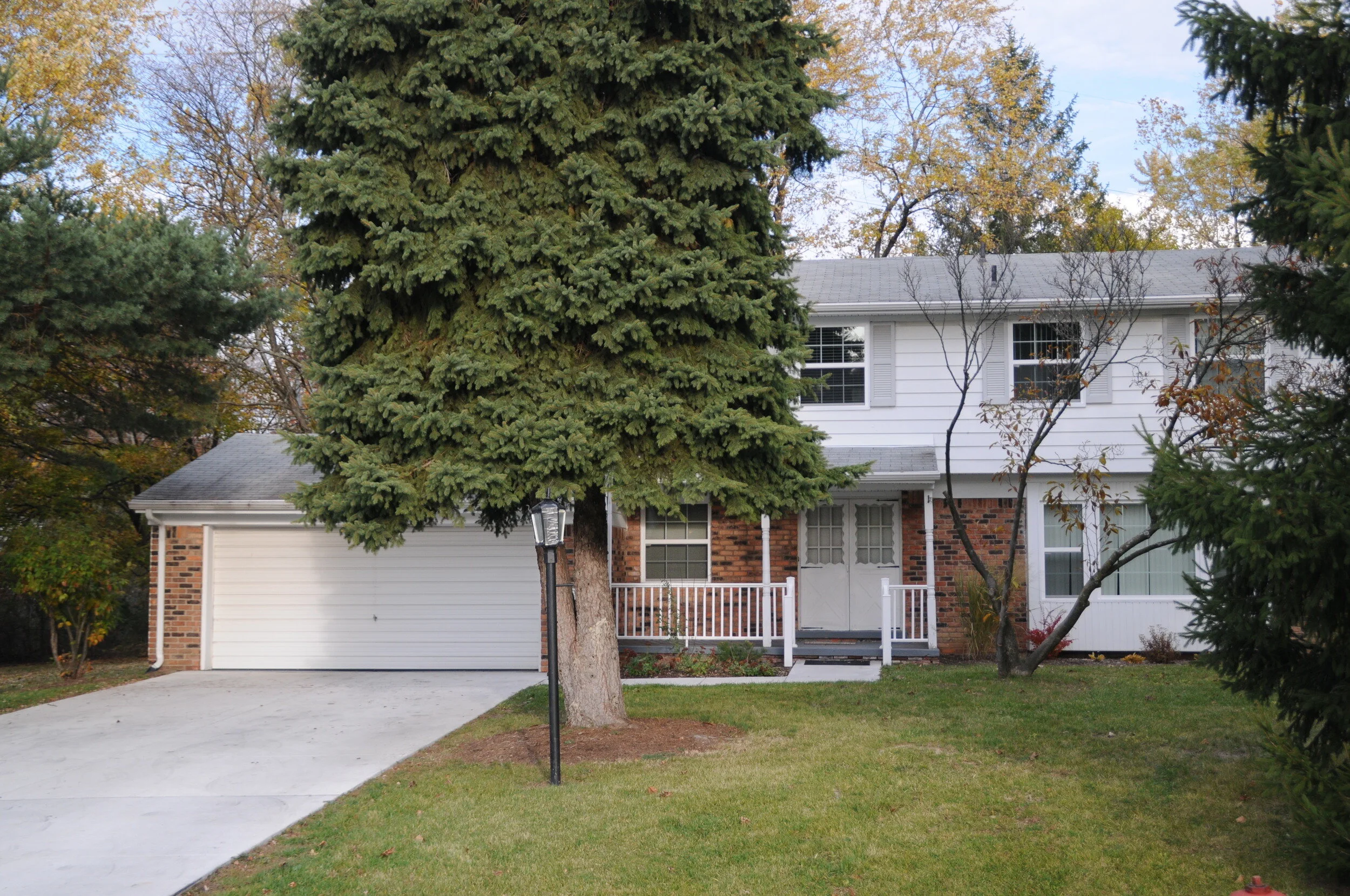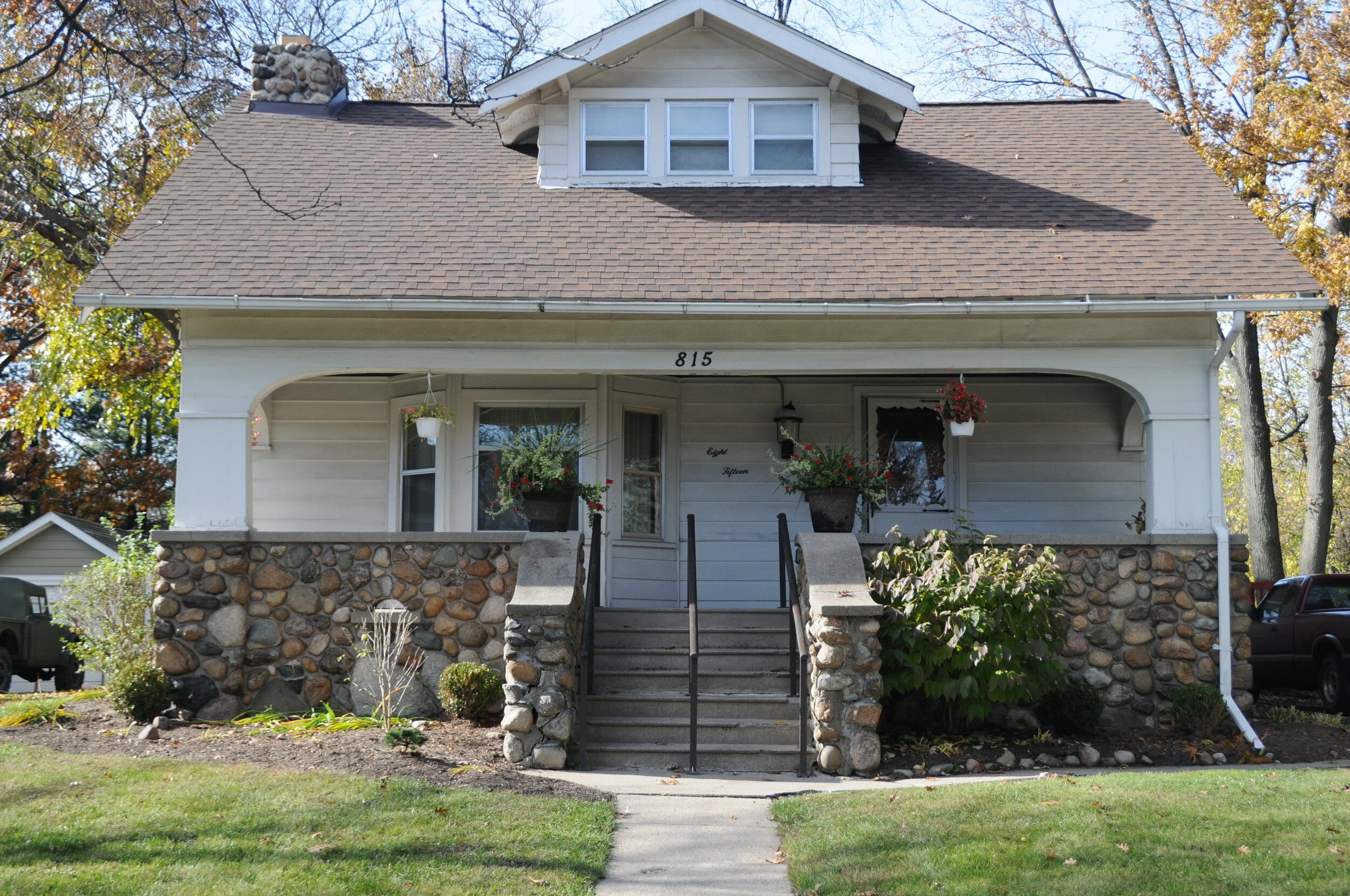Family Living Center Struggles to Stay Alive Through the Pandemic
Family Living Center in Oakland County is struggling from the pandemic. Though more places are returning to “normal,” the organization says it’s still at risk.
By Morgan Weld
Nonprofits have been hit hard by the COVID-19 pandemic, and many organizations say not enough attention has been brought to the struggles they face.
The 501(c)(3) nonprofit Family Living Center, headquartered in Pontiac, says the pandemic has caused a loss of funding and staffing. Sadly, this organization is not alone. Job vacancies are at an all-time high across the country, and short-staffing has led some nonprofits to close their doors permanently.
The larger question is: What can the public do to keep nonprofits alive?
Over the last 42 years, Family Living Center has earned a reputation for providing assistance to people with developmental disabilities. These disabilities can include a range of physical, cognitive and behavioral conditions that impact day-to-day life, according to the Centers for Disease Control and Prevention.
Hearthside is a Family Living Center home in Bloomfield Hills. Via familylivingcenter.org
Family Living Center was founded in 1979 by Mabel Higgs with the purpose of integrating developmentally disabled people into communities instead of segregating them in state-run institutions. Higgs says institutional settings can cause “people to do crazy things,” while group homes enable those with disabilities to live their lives more freely.
“We (need) to understand — to not discriminate against people,” she says.
Family Living Center operates eight group homes located in neighborhoods across Oakland County, Michigan, such as West Bloomfield, Rochester and Troy. The staff in each home provide hands-on care for residents, including meal preparation, laundry, transportation to work and appointments, and help with personal hygiene.
The residents get up, get fed, go to church programs and have “the same routine as everyone else,” Higgs says.
Family Living Center provides residents with community experiences, which they might not have experienced living in institutional settings. For instance, many residents have jobs or attend workshops in their communities.
Dawn Lane is a Family Living Center home in West Bloomfield. Via familylivingcenter.org
In 2011, Mabel Higgs asked her son Michael to handle the day-to-day operations of Family Living Center. At the time, Michael was working in university administration in Minnesota and was searching for a new job.
“Mom said, ‘I think you should lead the organization,’ ” he says. “I wanted to make sure business continued and people got care.”
Preserving the legacy of Family Living Center was important to him as well. Mabel Higgs is well recognized in the community for helping people. Her work has impacted many over the years, and she was honored in 2020 with the Arc of Oakland County Advocacy Hall of Fame Award.
Yet the pandemic has greatly affected Family Living Center. Staffing, in particular, has been a severe problem. “(There are) not enough people wanting to work,” Michael Higgs says, and because the state requires a one-to-three staff-to-resident ratio, being short-staffed limits the number of residents that Family Living Center can accept. As of early August, there were about 40 residents — with seven vacancies — and the staffing problem was only getting worse.
Decreased funding is another problem that can be attributed to the pandemic. While most funds for the organization come from Medicaid, fundraising is another significant way in which money is generated, and those funds have decreased due to cancelled events. For example, the Family Living Center’s annual bowling fundraiser was cancelled due to the pandemic in 2020 and in 2021. Losing revenue from this event is a serious problem, as the funding helps pay for entertainment and sending residents to camps.
Ludlow is a Family Living Center home in Rochester. Via familylivingcenter.org
Family Living Center devotes 92% of the funds it receives to caring for its residents. “(We’re) here to help, not for money,” Michael Higgs stresses.
What is the future for Family Living Center? For now, the most important thing is to survive the current situation despite the staffing and funding issues.
“Continuing to provide the best care to people is of the utmost importance,” Michael Higgs says.
Although Family Living Center still faces obstacles because of the pandemic, they have been fortunate compared to some other nonprofits. There were not any massive outbreaks of COVID-19 in the homes, and all but one of the residents are vaccinated. While it is a struggle, Family Living Center is still managing to keep its doors open.
And it’s thankful for its volunteers. The board of directors includes volunteers who help with fundraising ideas, financial matters and advocacy. Board President W. Scott Innes says the center provides an opportunity to give back to the community. “(It is) the perfect place to try and make a difference in other people's lives,” he says.
To volunteer or donate to Family Living Center, contact:
248-334-5330
Email: familylivingcenter@flcmi.org




